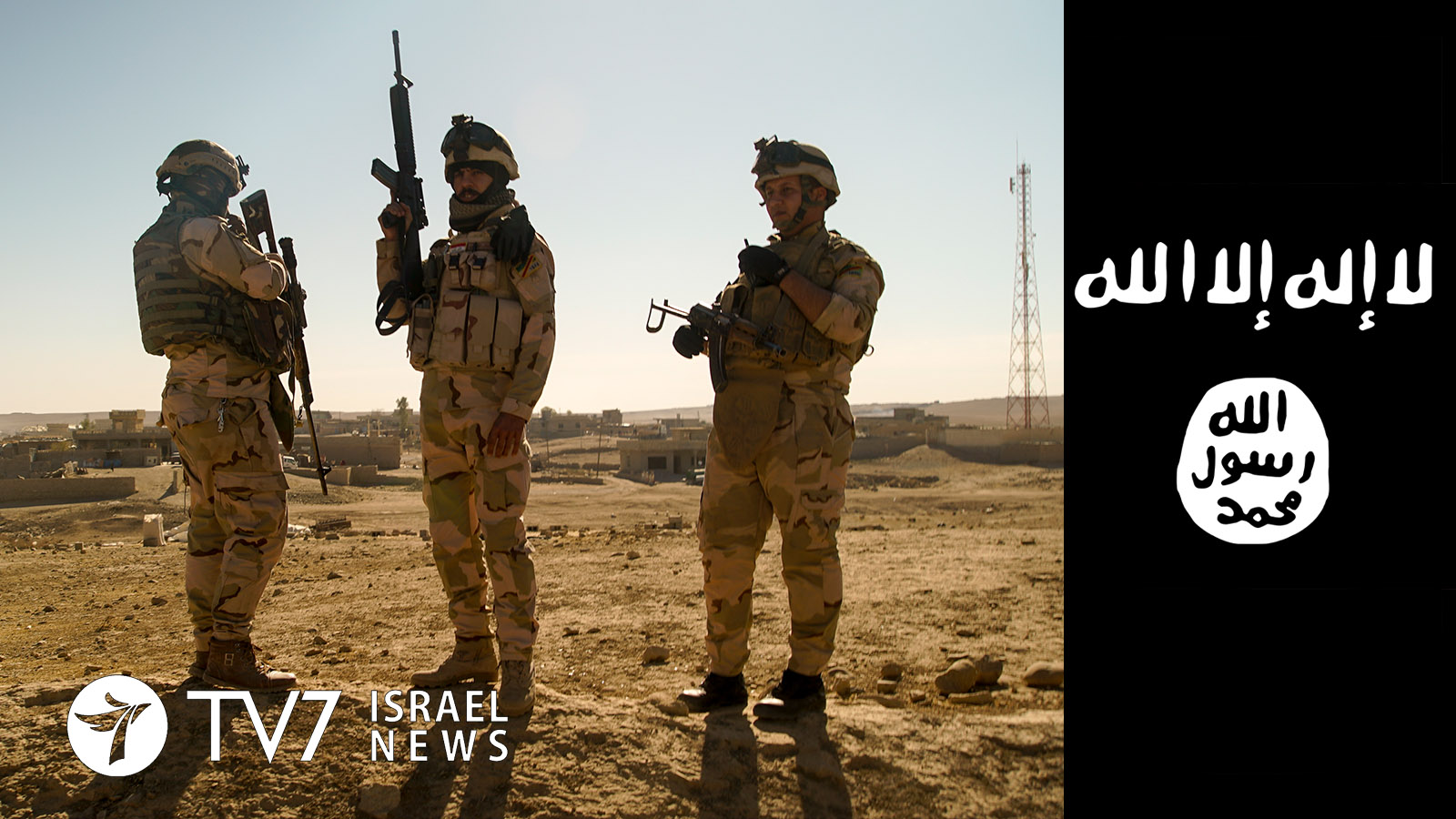Egypt’s military reported that 15 of its service members had died or been wounded in operations in the Sinai Peninsula recently, and that 126 suspected militants had been killed.
The military publishes updates on its operations in Sinai every few months, without providing a specific time frame.
The statement came on Sunday (3 May), shortly before the Interior Ministry announced the deaths of 18 Islamic State members in an exchange of gunfire in the northern Sinai Peninsula with state security forces.
“National security received intelligence about terrorist elements hiding out in a home in Bir al-Abed, where they were planning to launch hostile operations,” according to the Ministry, after which “a firefight ensued.” “This confirms the armed forces and police’s continuation in their struggle to find terrorists,” underscored the statement.
The Egyptian Army wrote in a post on its Facebook account the same day that dozens of ISIS hideouts, cars and explosive devices belonging to “terrorists” were destroyed in ground and air raids in lawless territory. 13 automatic weapons, two explosive belts and three other explosive devices were reportedly found in the militants’ possession in the small village.
The army also released a video revealing its most recent counter-terrorism operations in the area, during which it claimed that 126 armed militants were killed and 266 “criminal elements” were arrested during 22 raids that left 15 military personnel killed or wounded. The Egyptian military also specified that 228 “hideouts used by terrorist elements” had been demolished.
This past Friday (1 May) Egyptian Army Spokesman Tamer al-Rifai announced that two suspected armed militants were killed during security operations, also in the North Sinai Governate.
The announcement came just one day after ISIS claimed responsibility in a report by the group’s Amaq news agency for a 30 April attack on an Egyptian army armored vehicle in Bir al-Abed. The military confirmed the incident, saying only that the casualties included an officer and nine others who were either killed or wounded by an improvised explosive device.
Cairo has long combated a rampant armed insurgency spearheaded by a local ISIS affiliate in the strategic area, which is located between the Mediterranean Sea to the north and the Red Sea to the south. The 60,000 square kilometer land mass serves as a bridge between the Asian and Africa continents, and is home to an estimated 600,000 people.
Hostilities with Islamist elements in the region escalated after the ousting of Islamist President Mohamed Morsi of the Muslim Brotherhood in 2013 in the wake of mass protests against his rule, in a military campaign lead by current President Abdel Fattah el-Sisi. Hundreds of police and soldiers are also believed to have been killed in clashes with militants in North Sinai since that time.
Jerusalem has allegedly helped Cairo battle the insurgents, particularly with aerial strikes against Islamic State targets following rocket attacks toward southern Israeli communities. The Sinai-based Islamists are also believed to have cooperated with Gaza-based Palestinian terrorists, including transfer of weapons manufactured by Iran.
According to official reports, more than 925 militants have died in clashes since security forces launched a nationwide operation in February 2018.
Human rights organizations have accused Egypt of carrying out extrajudicial executions, forced evictions and collective punishment as part of the crackdown on the Islamist insurgents. The military has denied the allegations, insisting the lives of civilians are taken into consideration during operations.
The Sinai Peninsula is rich with Biblical history. Mount Sinai, located in the South Governorate, is considered a holy site by the Abrahamic religions. It is mentioned many times in the Book of Exodus and other sites in the Bible as the location where the Ten Commandments were given to Moses by God.
In modern times, Israel captured the Sinai and other lands in the 1967 Six Day War. In 1973 Egypt launched a surprise and ultimately failed war on the holiest day of the Jewish calendar, Yom Kippur, largely aimed at regaining the peninsula. Sovereignty was ultimately transferred by Israel to Egypt in 1982, as a major component of the 1979 Peace Treaty between the two countries.
Egypt marks so-called “Sinai Liberation Day” on 25 April each year to celebrate recovery of the territory from Israel. For this year’s 38th anniversary, the cabinet declared a paid holiday for all public and private sector workers.
President Sisi issued “A sincere greeting on this glorious day to our righteous martyrs from this indigenous people, a greeting to the men of the armed forces who fought the most honorable battles, a tribute to the ingenuity of the Egyptian negotiator, and everyone who participated in making this historical epic.” In a message on Facebook, Sisi claimed “On this day, Egypt regained its entire national soil, and this would not have happened except with the long struggle that Egypt waged on all fronts to liberate Sinai.” No mention of the $1.3 billion of annual aid Cairo secured from Washington, which brokered the peace deal with Jerusalem.
The Egyptian President also marked the occasion by inaugurating several new national projects in the Suez Canal area valued at $38 billion including a tunnel. “The State spares no effort for this aspired-for objective of reconstructing Sinai to come true; in this respect, you may be following the large-scale projects that are currently underway in Sinai, most of which have been accomplished with the aim of realizing a considerable economic return and provide permanent job opportunities for Sinai residents,” Sisi vowed in an official address.
In a tribute to fallen security forces battling Islamic State and other insurgents, Sisi underscored, “I cannot fail to pay my sincere tribute to the Egyptian sons of the Armed Forces and the Police who sacrifice their lives for this homeland. They honorably preserve the dignity of the country and bravely wage a relentless holy war against criminal and terrorist elements trying to destabilize the country’s stability and security, and to hinder progress.”
